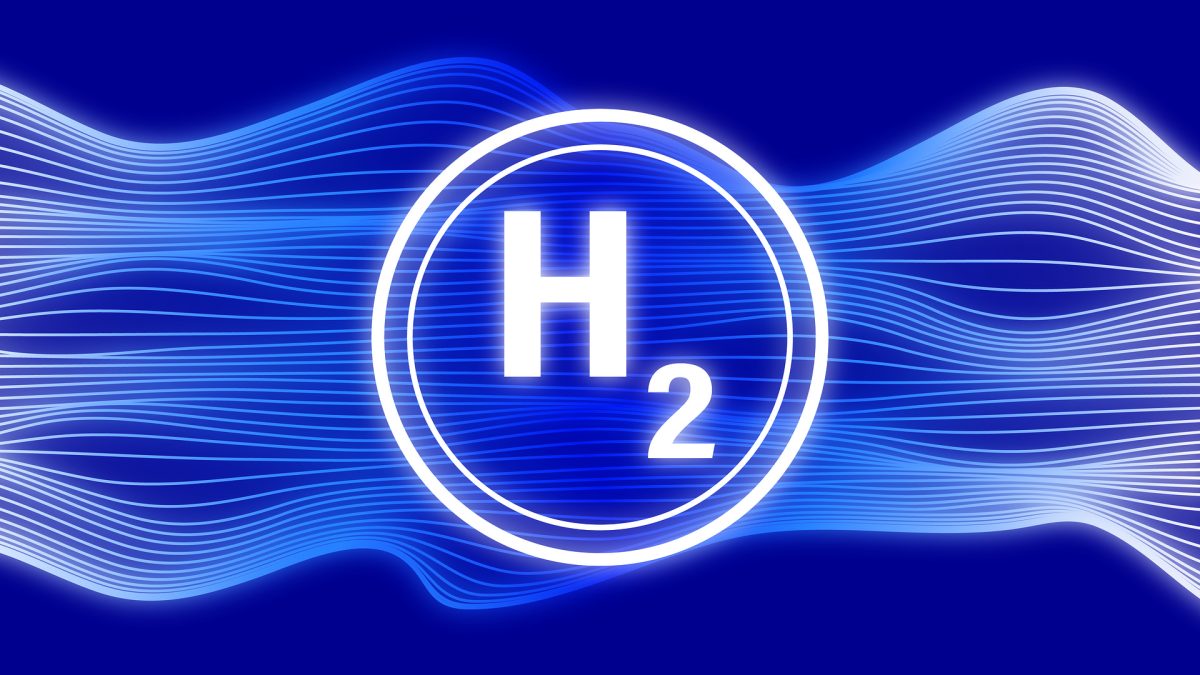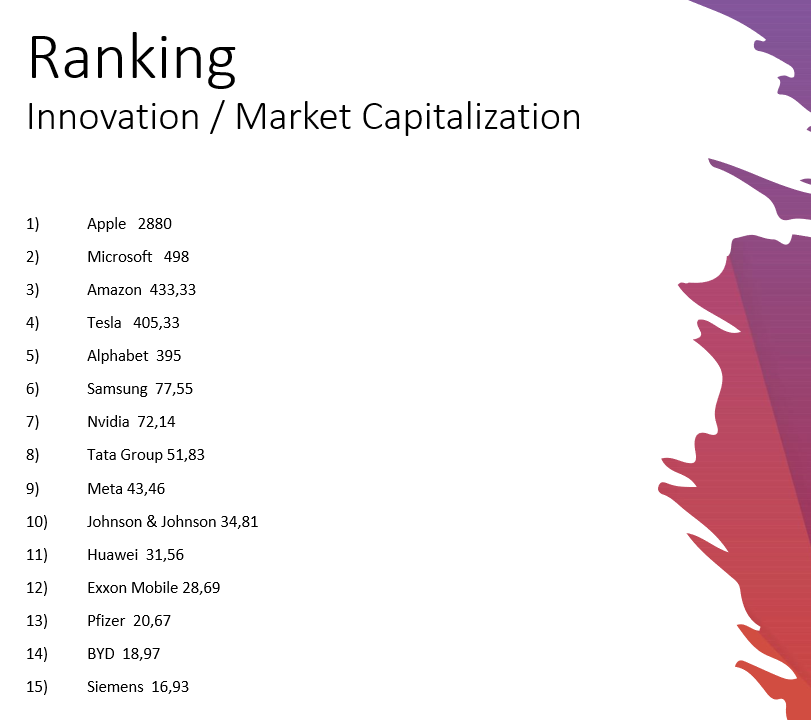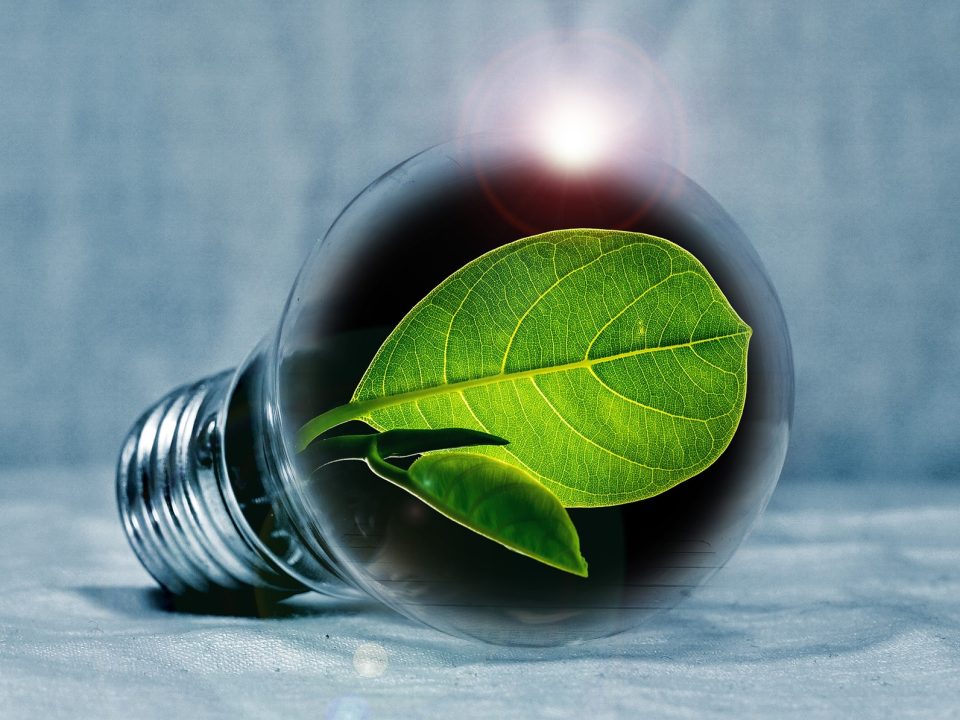
Looking back with pleasure
05/05/2023
How the EU Green New Deal impacts real estate investments
08/05/2023(Tomka)
European politics are still wrestling to find the best solutions for a carbon-free energy supply. Hydrogen is considered to be a supplement with great chances to support independence and sustainability.
“Renewable hydrogen is a crucial part of our strategy for a cost-efficient energy transition and contributes to becoming independent of fossil fuels from Russia in various industrial processes,” said Energy Commissioner Kadri Simson on February 13 this year. This is subsuming the intentions of a process that already has started two years ago.
Hydrogen is a clean and efficient substance that can become a solution as a supplement in the total European energy mix. Therefore, the European Union set a goal to be accomplished by 2030 – concerning the REPowerEU-Plan additional 500 TWh will be needed to produce 10 million tons of RFNBO (renewable fuels of non-biological origin). These 10 million tons stand for 14 percent of all electricity usage in Europe per year.
This takes the accomplishment of several milestones.
2025
The first projects are on their way. And they should be working properly until 2025. They are a first milestones on the way to open broad usage to hydrogen. H2FillS (Hydrogen Filling Simulation) is a software model developed by NREL (The National Renewable Energy Laboratory of the U.S. Department of Energy and Office of Energy Efficiency and Renewable Energy). It simulates gas flow from the hydrogen station to the FCEV storage system (FCEV = Fuel Cell Electric Vehicle) to improve the usage of hydrogen in electric cars.
Also the German Viessmann Group works on solutions based on hydrogen. The company is developing a gas condensing boiler which can work with 100 percent hydrogen. Therefore, it does not emit CO2. The prototypes currently are in a test phase.
But not only the boilers are a topic for Viessmann. Already during this year, the company will create an infrastructure in the German city Kaisersesch that will be based completely on hydrogen. By the end of 2024 new products and solutions for the planning, construction and operation of energy-optimized neighbourhoods will be developed in this context.
Until 2025 it is planned a new hydrogen accelerator to build 17.5 GW by 2025 of electrolysers to fuel EU industry with 10 million tons of renewable hydrogen. And until 2027 a modern legal framework for hydrogen, its production, and its usage shall be created within the European Union.
So, hydrogen will play an important role in energy supply. However, by 2050 hydrogen might reach a maximum volume of 20 percent of EU´s energy mix, which is between 20 to 50 percent of energy needed for traffic and five to 20 percent of energy needed in industry.
image: Pixabay




